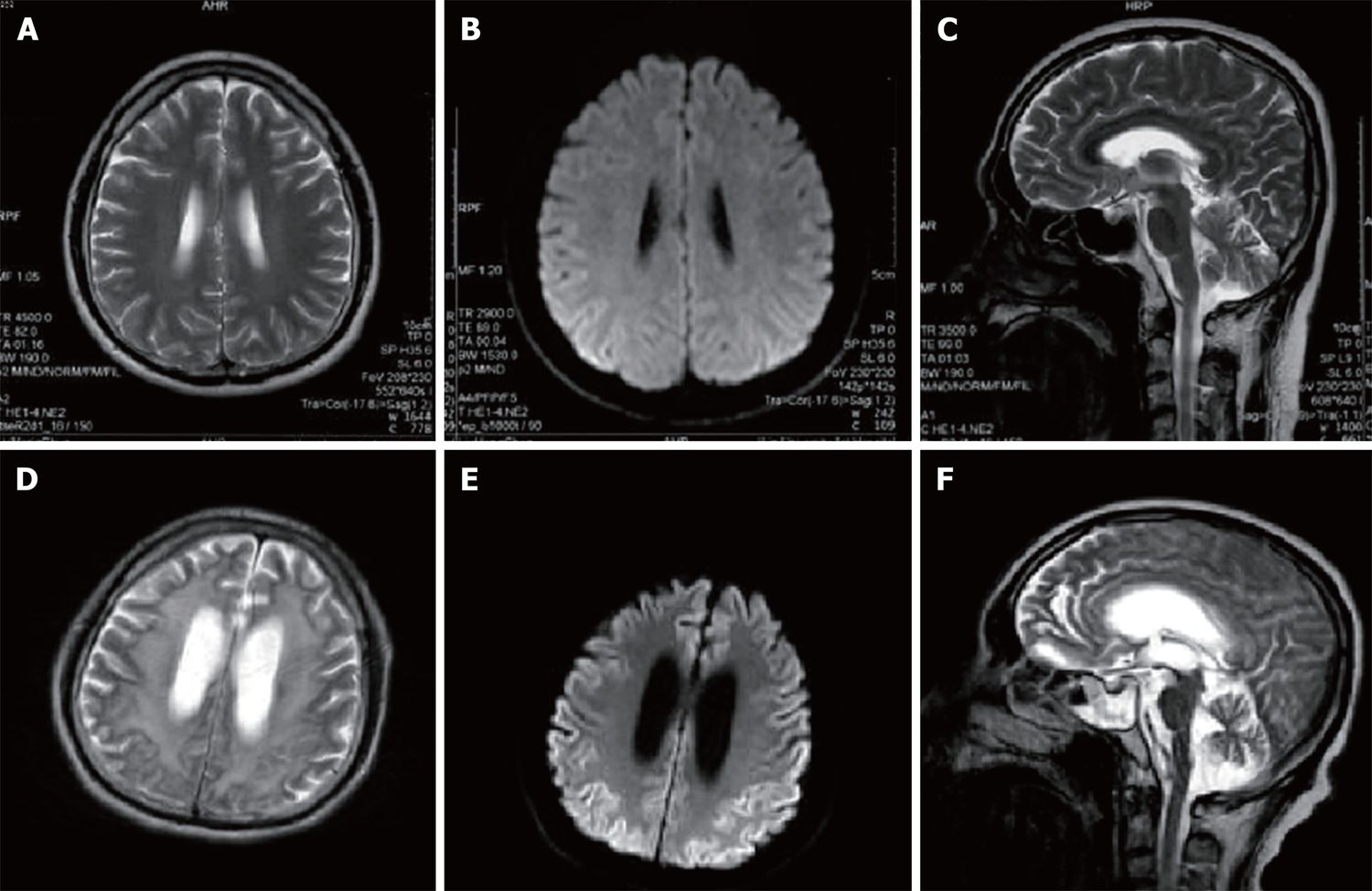
Gerstmann–Sträussler–Scheinker Syndrome (GSS) is a rare, inherited prion disease that affects the brain. Symptoms usually appear between ages 35 and 55, leading to problems with coordination, memory loss, and eventually dementia. GSS is caused by mutations in the PRNP gene, which provides instructions for making a protein called prion protein. When this protein misfolds, it damages brain cells. Unlike other prion diseases, GSS progresses slowly, often over several years. Diagnosis involves genetic testing, brain imaging, and sometimes a brain biopsy. Treatment focuses on managing symptoms, as there is no cure. Understanding GSS can help families prepare and seek appropriate care.
What is Gerstmann–Sträussler–Scheinker Syndrome?
Gerstmann–Sträussler–Scheinker Syndrome (GSS) is a rare, inherited neurodegenerative disorder. It affects the brain and nervous system, leading to a gradual decline in cognitive and motor functions. Here are some intriguing facts about this condition.
-
GSS is a prion disease, which means it is caused by abnormal proteins called prions that damage brain cells.
-
The syndrome is named after the three doctors who first described it in the 1930s: Josef Gerstmann, Ernst Sträussler, and Ilya Scheinker.
-
GSS is extremely rare, with only a few hundred cases reported worldwide.
Symptoms and Diagnosis
Understanding the symptoms and how GSS is diagnosed can help in recognizing the condition early.
-
Symptoms usually begin between the ages of 35 and 55, but they can start earlier or later.
-
Early symptoms often include difficulty with balance and coordination, known as ataxia.
-
As the disease progresses, individuals may experience memory loss, confusion, and changes in personality.
-
Diagnosis typically involves a combination of genetic testing, neurological exams, and brain imaging.
-
A definitive diagnosis can only be made through a brain biopsy or autopsy, where the presence of prions can be confirmed.
Genetic Basis
GSS has a strong genetic component, making it a hereditary condition.
-
The disease is caused by mutations in the PRNP gene, which provides instructions for making the prion protein.
-
GSS is inherited in an autosomal dominant pattern, meaning only one copy of the mutated gene is needed to develop the disorder.
-
If one parent has GSS, there is a 50% chance that their child will inherit the condition.
Treatment and Management
Currently, there is no cure for GSS, but various treatments can help manage symptoms and improve quality of life.
-
Medications can be prescribed to help control symptoms like muscle stiffness, seizures, and mood changes.
-
Physical therapy can assist in maintaining mobility and balance for as long as possible.
-
Speech therapy may be beneficial for those experiencing difficulties with speech and swallowing.
-
Supportive care, including counseling and support groups, can provide emotional and psychological support for patients and their families.
Research and Future Directions
Ongoing research aims to better understand GSS and develop potential treatments.
-
Scientists are studying the role of prions in GSS to find ways to prevent or slow down the disease.
-
Gene therapy is being explored as a potential treatment option, targeting the PRNP gene mutations.
-
Clinical trials are testing new drugs that may help reduce prion levels or protect brain cells from damage.
Impact on Families
GSS not only affects individuals but also has a significant impact on their families.
-
Caring for someone with GSS can be challenging and emotionally draining, requiring a strong support system.
-
Genetic counseling is recommended for families with a history of GSS to understand their risks and options.
-
Awareness and education about GSS can help reduce stigma and improve support for affected families.
-
Organizations and foundations dedicated to prion diseases provide resources, advocacy, and funding for research to find a cure.
Final Thoughts on GSS Syndrome
Gerstmann–Sträussler–Scheinker Syndrome (GSS) is a rare, inherited prion disease that affects the brain. It’s crucial to understand its symptoms, which include ataxia, dementia, and motor dysfunction. Early diagnosis can help manage the condition better, though there’s no cure yet. Genetic testing plays a vital role in identifying carriers of the PRNP gene mutation responsible for GSS. Research is ongoing, offering hope for future treatments. Awareness and education about GSS can support affected families and drive funding for research. If you or someone you know shows symptoms, consult a healthcare professional. Understanding GSS helps in coping with its challenges and advocating for better resources. Stay informed, support research, and spread awareness to make a difference in the lives of those affected by this rare condition.
Was this page helpful?
Our commitment to delivering trustworthy and engaging content is at the heart of what we do. Each fact on our site is contributed by real users like you, bringing a wealth of diverse insights and information. To ensure the highest standards of accuracy and reliability, our dedicated editors meticulously review each submission. This process guarantees that the facts we share are not only fascinating but also credible. Trust in our commitment to quality and authenticity as you explore and learn with us.
